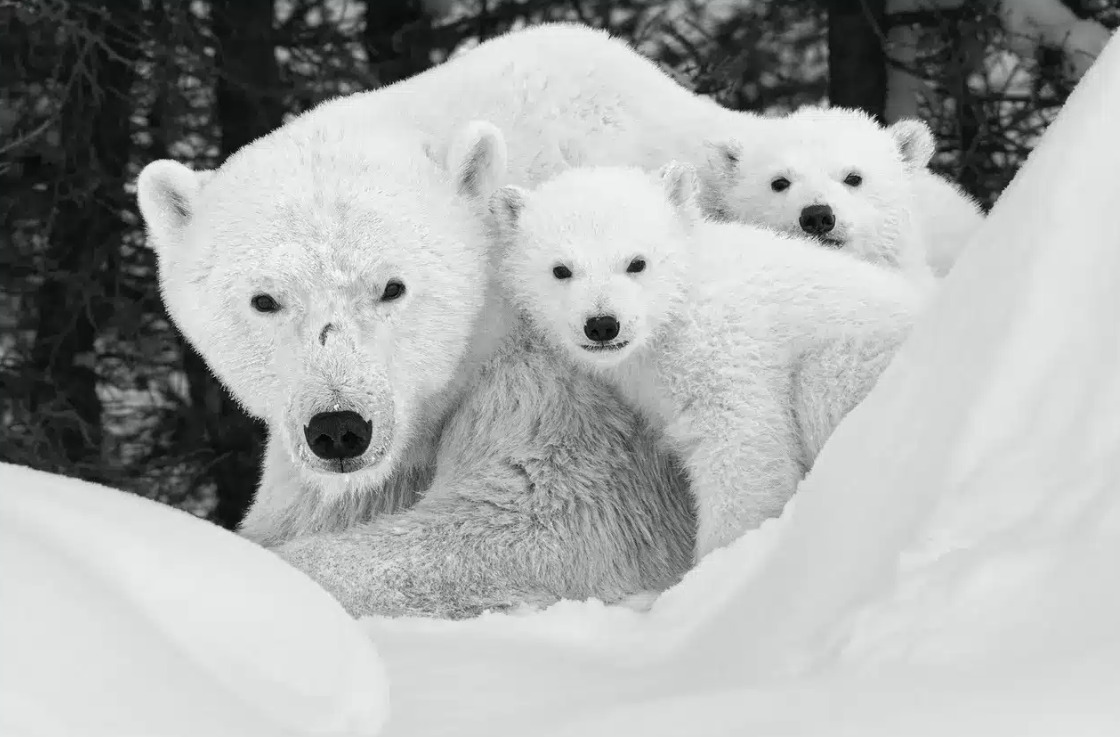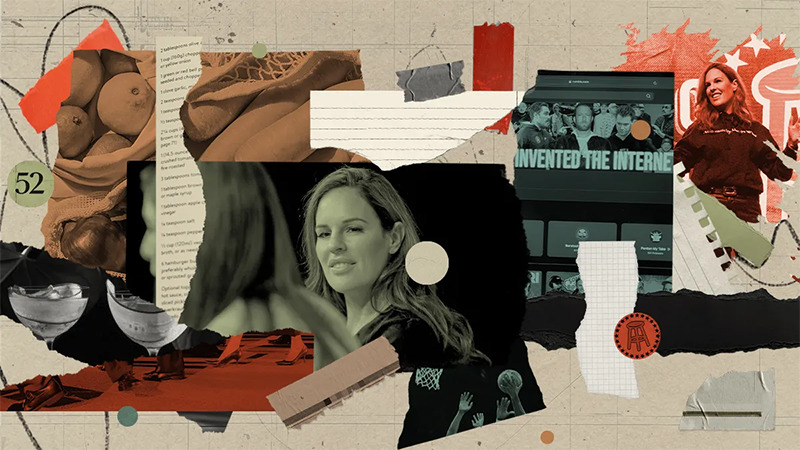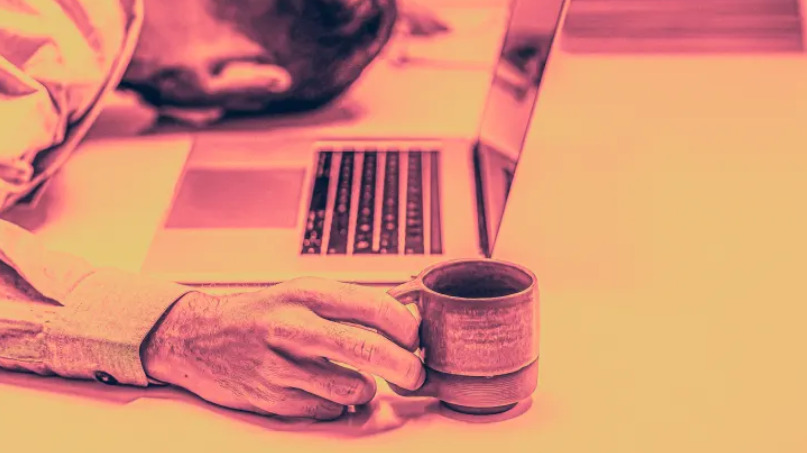
Molly Fletcher: Can drive offset your burnout at work?
This piece is by Molly Fletcher. People assume that drive depletes energy. They believe that level of intensity, focus and daily effort leads to burnout.…
Thought Leader: Molly Fletcher
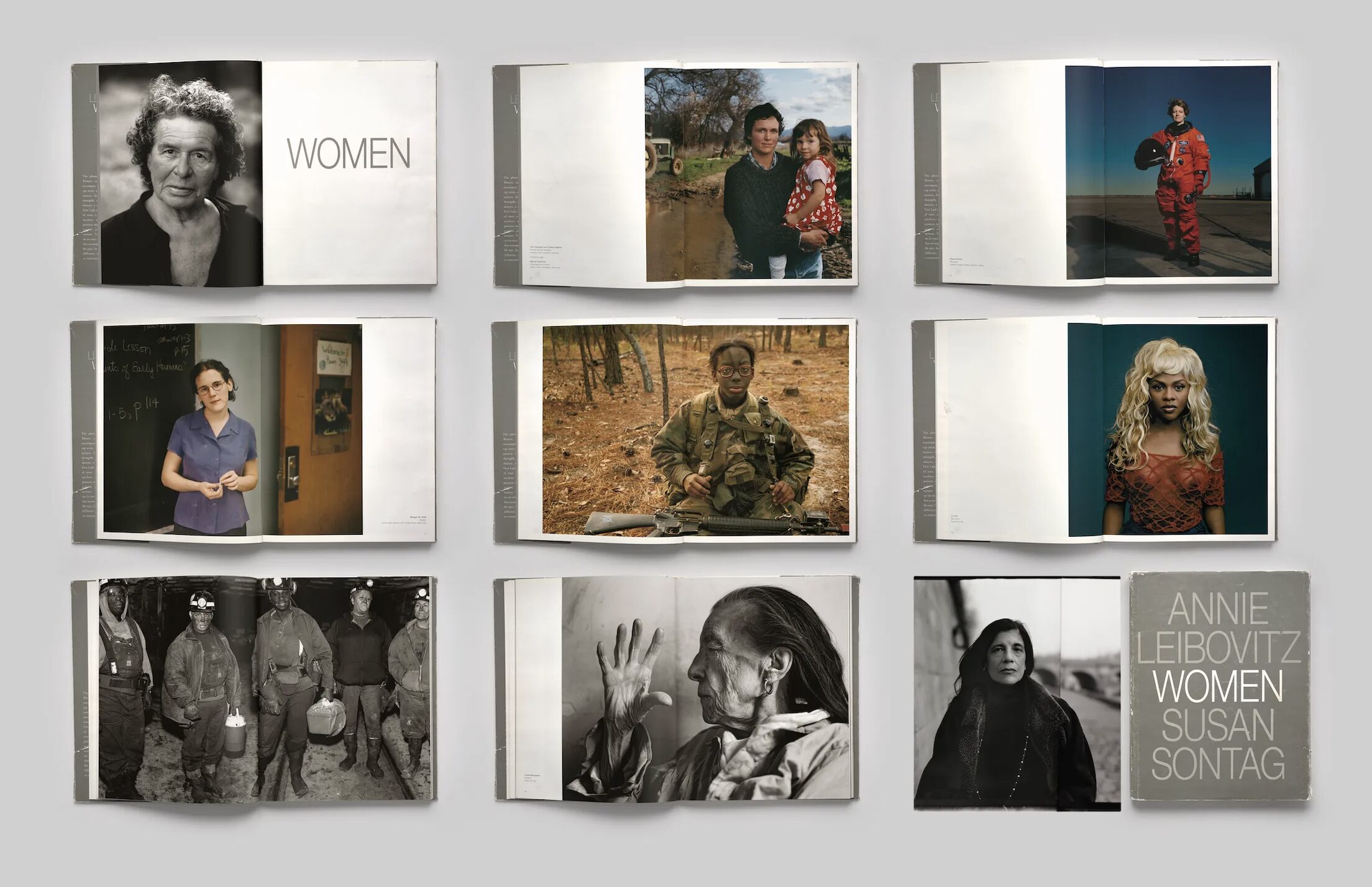
In 1988, Annie Leibovitz met Susan Sontag during a shoot to support Sontag’s upcoming work of critical theory, AIDS and Its Metaphors. A dinner followed, for which the photographer anxiously prepared, reading Sontag’s writing, taking notes. It would be the start of a relationship that lasted 15 years, with Sontag catalyzing Leibovitz’s momentous volume of portraits Women (first published in 1999). “A book of photographs of women must, whether it intends to or not, raise the question of women,” Sontag wrote in the introduction. “There is no equivalent ‘question of men.’ Men, unlike women, are not a work in progress.”
The question of women—it’s a ridiculously large query. But Sontag’s argument was for capaciousness: “The point is that all the images are valid,” she asserted. “A woman may be a cop or a beauty queen or an architect or a housewife or a physicist.” Twenty-five years later, the litany seems almost quaint—a Richard Scarry–esque array of occupations, any of them open to a young girl!—and yet still a relevant gesture toward the careers where women remain underrepresented. (Only about a quarter of physicists and licensed architects in the United States are female.)
This fall, the tackling of this thorny matter continues with a new edition of Women (Phaidon), which pairs the 1999 collection with more recent photographs, taken between 1993 and today, alongside new essays by Gloria Steinem and Chimamanda Ngozi Adichie. (Its publication coincides with an exhibition of Leibovitz’s work, titled “Wonderland,” at the Marta Ortega Pérez Foundation in A Coruña, Spain.) As Leibovitz writes in her introduction, the new work is an evolution: “For this volume, I thought about issues that are important today.” So there are photos of poet Amanda Gorman and Toni Morrison; of Shonda Rhimes on set and Ketanji Brown Jackson in Washington, DC; of Katie Ledecky in a Maryland pool and Sarah Zorn at The Citadel military college, where she was the first female regimental commander in the school’s history. “That women have made economic and political strides is not in dispute,” writes Adichie, “but we are still very far away from the ultimate goal of feminism, which is to make itself redundant.”
The new images collected in the two-volume edition, and previewed below, feel less like a statement of possibility than of accomplishment—in many, varied forms. “These images shrug off the cloying and flattening demands of virtue,” writes Adichie, “they are set free, as are our imaginations. We see more clearly the small, exquisite heroism of women.”
They are also a documentation of both progress and struggle—a dynamic that has always been inherent in Leibovitz’s work. In her essay, Steinem describes how a hunt for female photographers to contribute to Ms. magazine in the 1970s led her to Leibovitz—the rare portrait photographer who was a woman. “We soon discovered that women could be reportage photographers recording street scenes, but not frequently portrait photographers, who required lights and a studio, necessities that were beyond their earning power,” Steinem writes. Leibovitz turned her lens to a different kind of subject than many of the male portrait photographers working at the time. “Annie’s attention legitimized them,” writes Steinem.
Below, a selection of images from the new collection.

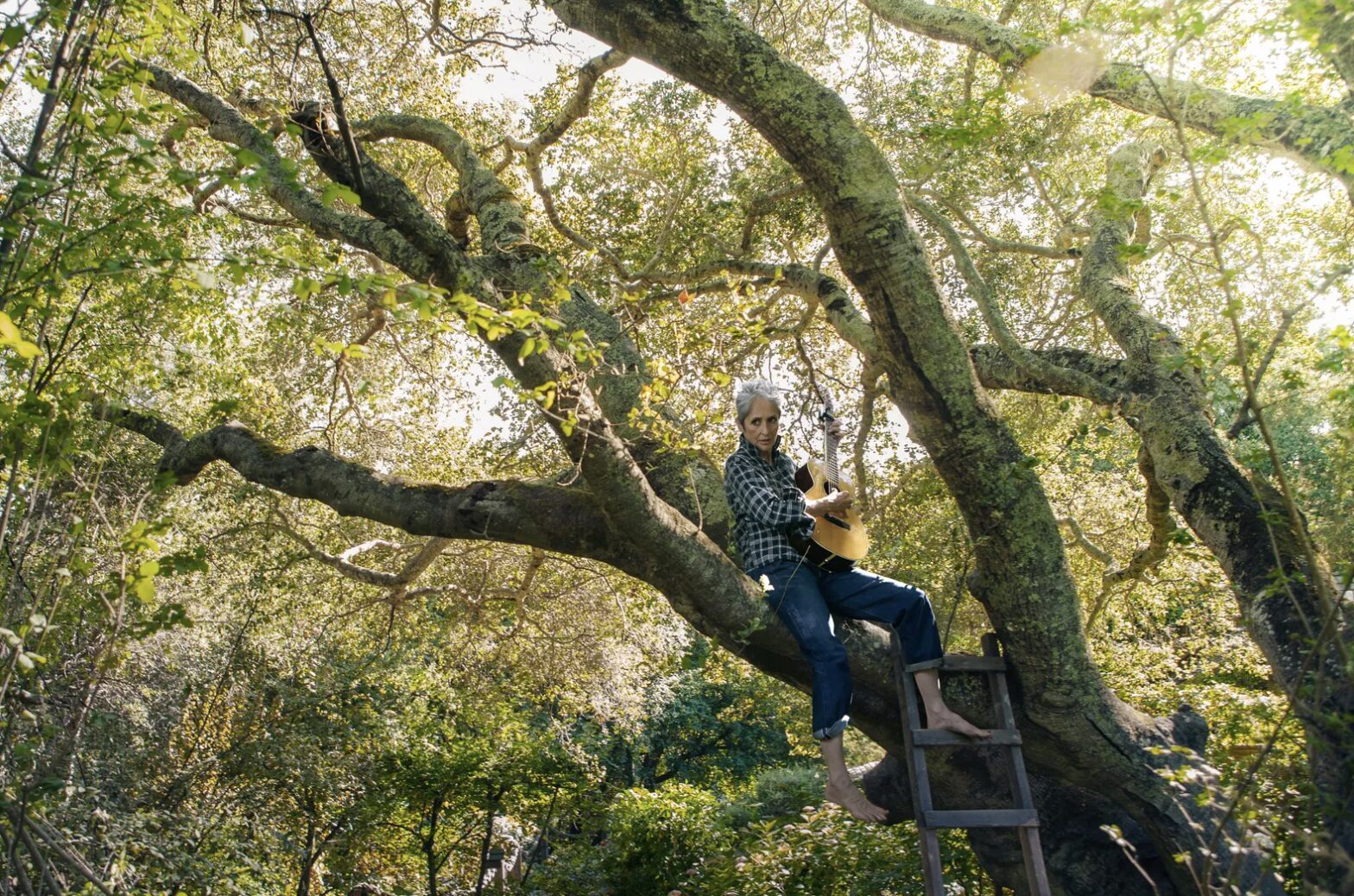
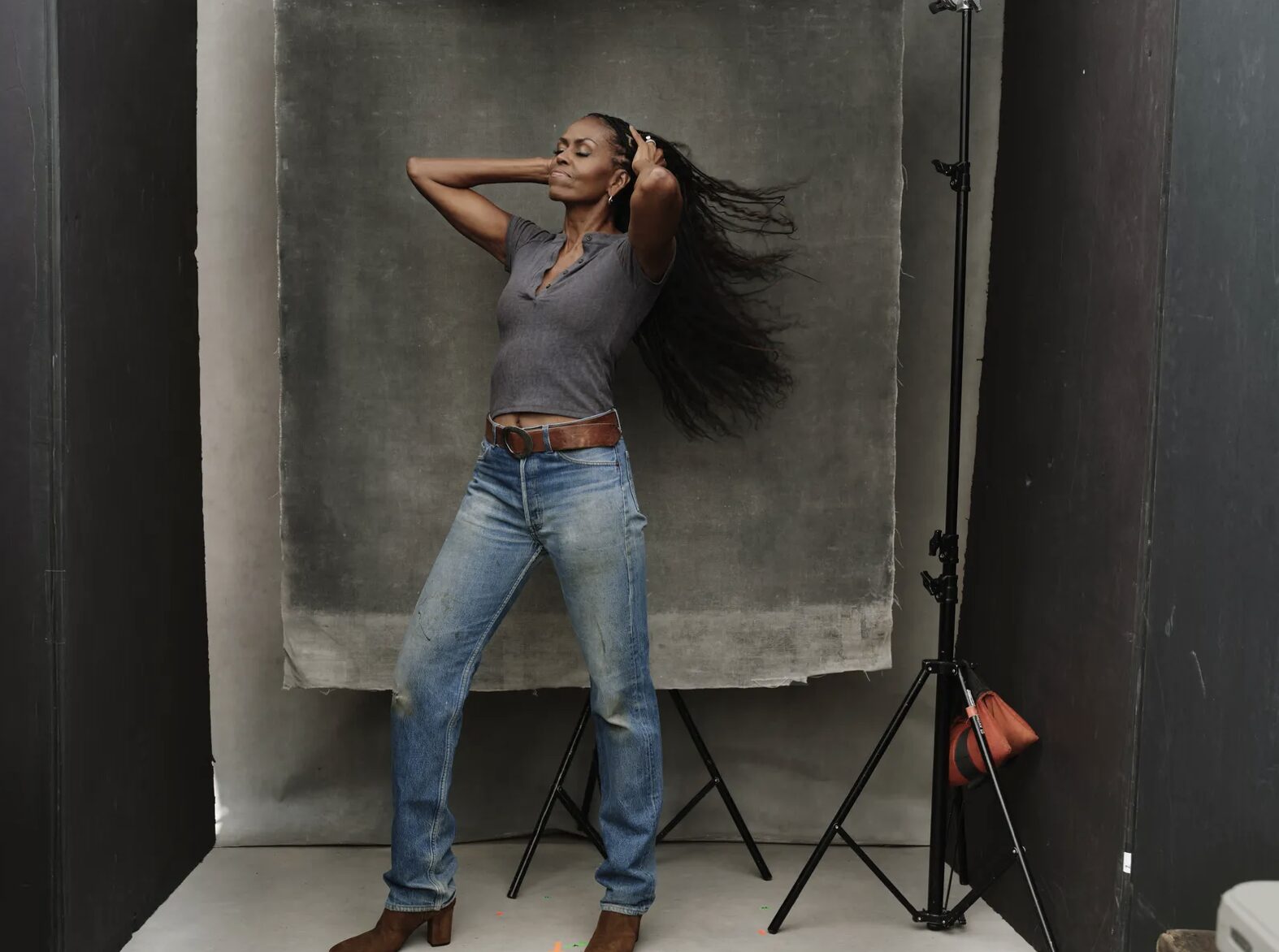

Beyond the gallery, Annie Leibovitz is a dynamic keynote speaker who brings unparalleled insight into creativity, visual storytelling, and the business of culture. She offers audiences a unique perspective on leadership, innovation, and the power of images to drive connection and impact. To host Annie Leibovitz at your next event, contact WWSG.
Molly Fletcher: Can drive offset your burnout at work?
This piece is by Molly Fletcher. People assume that drive depletes energy. They believe that level of intensity, focus and daily effort leads to burnout.…
Thought Leader: Molly Fletcher
Paul Nicklen: A Reverence for Nature
Standing in front of any of Canadian photographer Paul Nicklen’s large-scale images in the current exhibition at Hilton Contemporary, one cannot help but be totally…
Thought Leader: Paul Nicklen
Erika Badan Built Barstool Sports. Can She Rebuild Food52?
Erika Badan understands the skepticism. The two publishers share a business model but have vastly different cultures and commercial circumstances. As CEO of Barstool Sports…
Thought Leader: Erika Ayers Badan
